Stabilization of soil
Price 1050000 INR/ Unit
MOQ : 1 Unit
Stabilization of soil Specification
- Product Type
- Construction Machinery
- General Use
- Construction
- Material
- Steel
- Computerized
- No
- Automatic
- No
- Warranty
- Yes
Stabilization of soil Trade Information
- Minimum Order Quantity
- 1 Unit
- Payment Terms
- Cash Against Delivery (CAD), Cash on Delivery (COD), Days after Acceptance (DA), Letter of Credit (L/C), Delivery Point (DP), Cash in Advance (CID), Cheque, Cash Advance (CA)
- Supply Ability
- 5 Units, , Per Day
- Delivery Time
- 2-7 Days
- Main Domestic Market
- All India
About Stabilization of soil
Soil stabilization is a process used to improve the engineering properties of soil, making it more stable and suitable for construction purposes. It involves various techniques and materials to enhance the strength, durability, and load-bearing capacity of soil. This short description provides key information and answers frequently asked questions about soil stabilization.
FAQs:
Q: What is soil stabilization?
A: Soil stabilization is the process of modifying or treating soil to improve its engineering properties. It aims to enhance the strength, durability, and stability of soil for construction purposes. The stabilization techniques involve the addition of certain materials or chemical agents to alter the soil's properties.
Q: Why is soil stabilization important in construction?
A: Soil stabilization is important in construction because it helps overcome the challenges posed by weak or problematic soil conditions. By improving soil strength and stability, it provides a solid foundation for infrastructure projects such as roads, highways, buildings, and other structures. Stabilization ensures long-term durability and reduces issues related to settlement, erosion, and structural failures.
Q: What are the common techniques used for soil stabilization?
A: Several techniques are employed for soil stabilization, including mechanical stabilization, chemical stabilization, and additive stabilization. Mechanical stabilization involves methods like compaction and soil reinforcement, such as using geosynthetic materials or grids. Chemical stabilization involves the addition of chemical agents like lime, cement, or fly ash to alter the soil properties. Additive stabilization refers to incorporating materials like stabilizing agents, polymers, or recycled materials into the soil.
Q: When is soil stabilization necessary?
A: Soil stabilization is necessary when dealing with soil conditions that are unsuitable for construction. It is required in areas with weak or expansive soils, high moisture content, poor compaction characteristics, or soils susceptible to erosion. Soil stabilization is also beneficial when constructing on sloping terrain or in regions with challenging environmental conditions.
Q: What are the benefits of soil stabilization?
A: Soil stabilization offers several benefits in construction projects. It improves soil strength, stability, and load-bearing capacity, ensuring a solid foundation for structures. It reduces soil settlement and the risk of differential settlement, preventing structural damage. Soil stabilization also minimizes the effects of soil erosion and improves soil drainage, enhancing the overall durability and longevity of the constructed infrastructure.
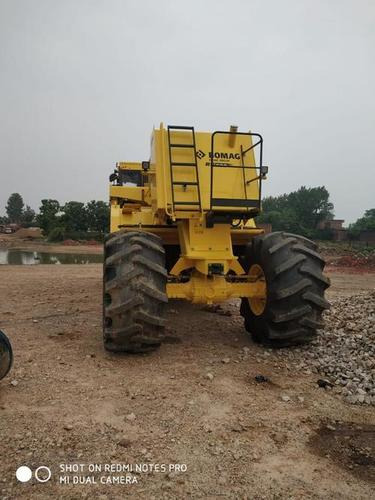
Tell us about your requirement

Price:
Quantity
Select Unit
- 50
- 100
- 200
- 250
- 500
- 1000+
Additional detail
Mobile number
Email
More Products in Soil Stabilization Category
Fomed Bitumen Pavement
Price 1070000 INR / Unit
Minimum Order Quantity : 1 Unit
Warranty : Yes
Computerized : No
Product Type : Construction Machinery
Automatic : No
cold in place recycling method
Price 1080000 INR / Unit
Minimum Order Quantity : 1 Unit
Warranty : Yes
Computerized : No
Product Type : Construction Machinery
Automatic : No
FDR Chemical Additive Stabilizer
Price 1000000 INR / Unit
Minimum Order Quantity : 1 Unit
Warranty : Yes
Computerized : No
Product Type : Construction Machinery
Automatic : No
Foamed Bitumen
Price 1030000 INR / Unit
Minimum Order Quantity : 1 Unit
Warranty : Yes
Computerized : No
Product Type : Construction Machinery
Automatic : No


 Send Inquiry
Send Inquiry
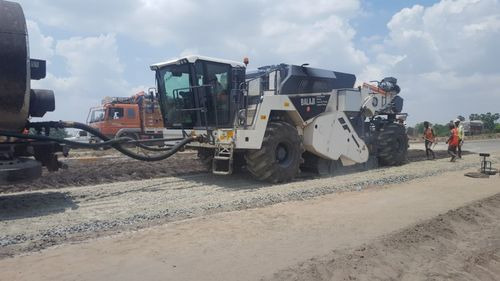
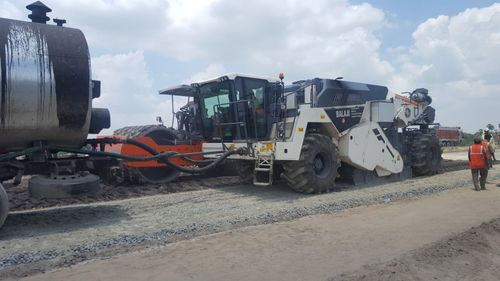
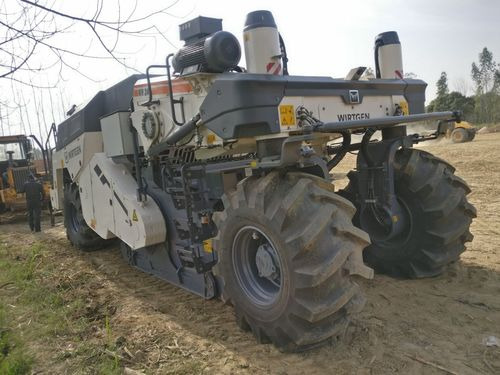
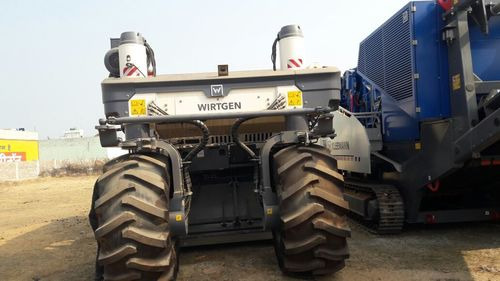


 Send Inquiry
Send Inquiry Send SMS
Send SMS Call Me Free
Call Me Free